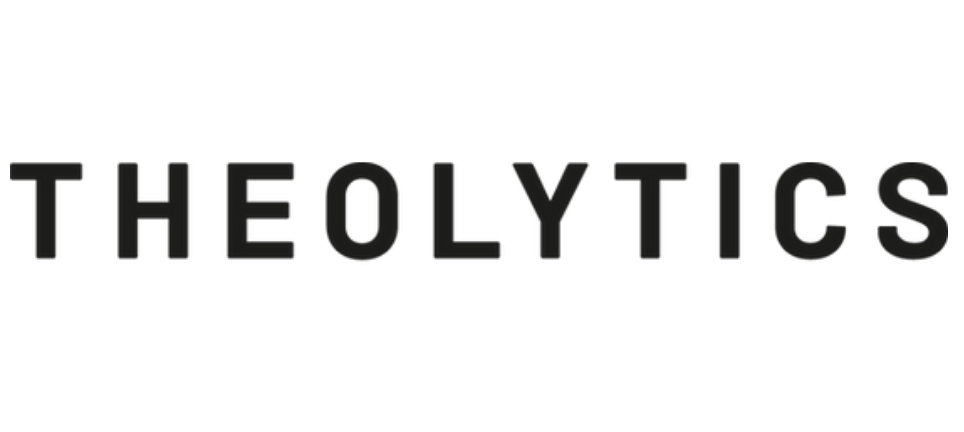
Theolytics kick-starts a £1M project in collaboration with The University of Sheffield, supported by Innovate UK, to develop a novel therapy for multiple myeloma patients in need
Theolytics is a biotechnology company harnessing viruses to combat disease. The company has been awarded a Biomedical catalyst grant by Innovate UK to progress a novel therapy for multiple myeloma patients.
Multiple myeloma is an incurable blood cancer, for which cancer-killing (‘oncolytic’) viruses are an emerging therapy offering hope. The therapy selectively infects and kills cancer cells - targeting heterogeneous, systemic cancers based on their phenotype rather than molecular targets, providing the promise of durable remission and curative potential.
This grant will focus on translating Theolytics’ lead candidate to clinic-readiness. The work includes partnering with the University of Sheffield to investigate the efficacy of Theolytics' lead candidate
in clinically representative, drug-resistant models of multiple myeloma. This project will further validate this novel therapy, positioning the lead oncolytic virus candidate for testing in Phase I clinical trials.
Margaret Duffy, Chief Scientific Officer and Co-Founder said: “The myeloma treatment landscape has changed considerably in recent years; despite some promising clinical results with BCMA targeted therapies, lasting remissions remain a challenge for many myeloma patients. Due to the unique mechanism of this oncolytic virus candidate, we wish to offer hope to those with advanced, refractory disease. This grant provides the opportunity to advance our candidate to the clinics and we are grateful to Innovate UK for their continued support of Theolytics’ work.”
Michelle Lawson, Academic Collaborator, University of Sheffield said: “I am absolutely thrilled to be working in collaboration with Theolytics on this exciting project to further demonstrate the efficacy of their lead candidate in our preclinical models of myeloma, as subsequent in-patient use could ultimately lead to much-needed improvements in outcomes for myeloma patients with advanced disease.”

